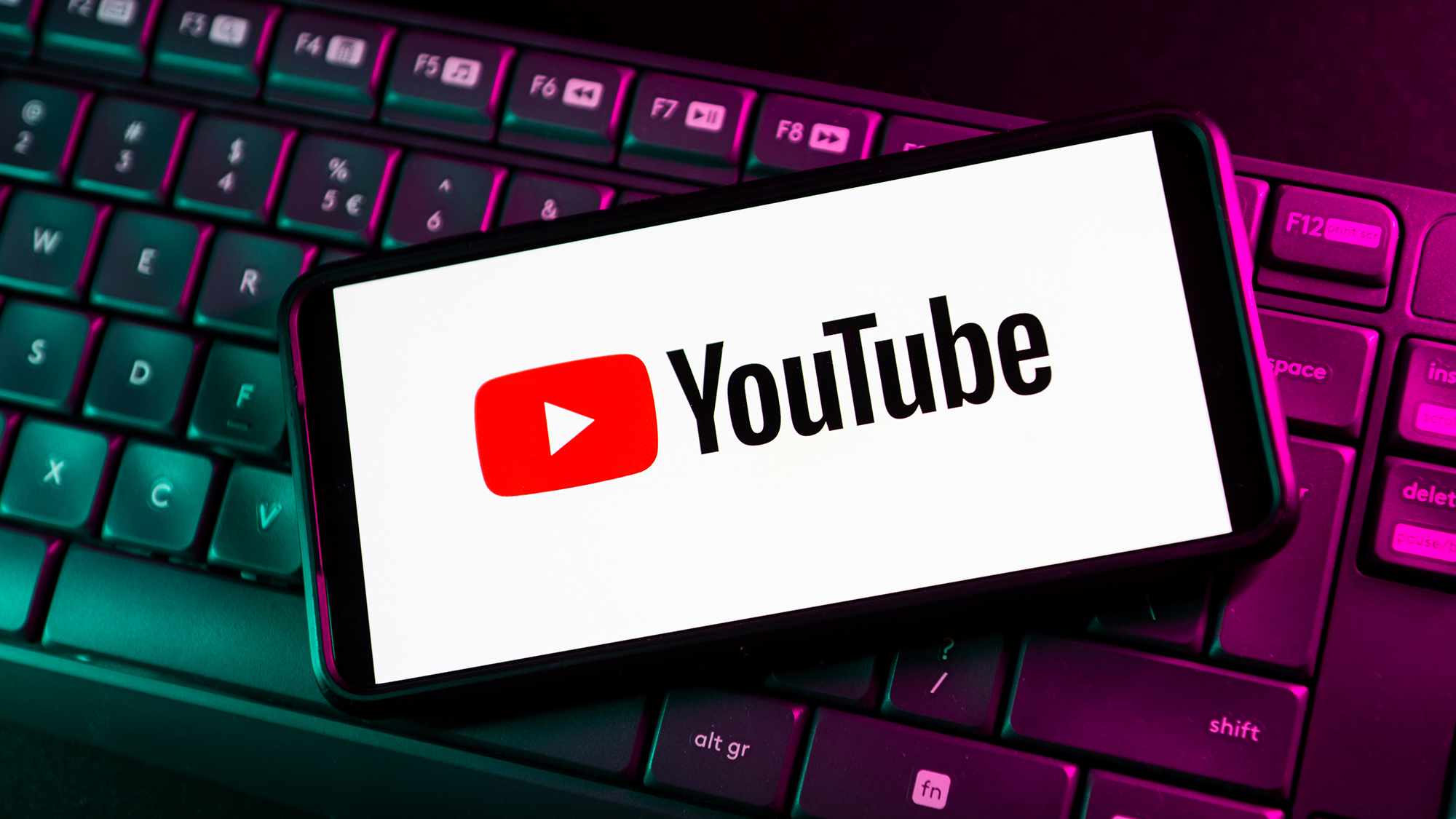Alexa in 2021: Here's what to expect
How Amazon shoulld make Alexa better this year
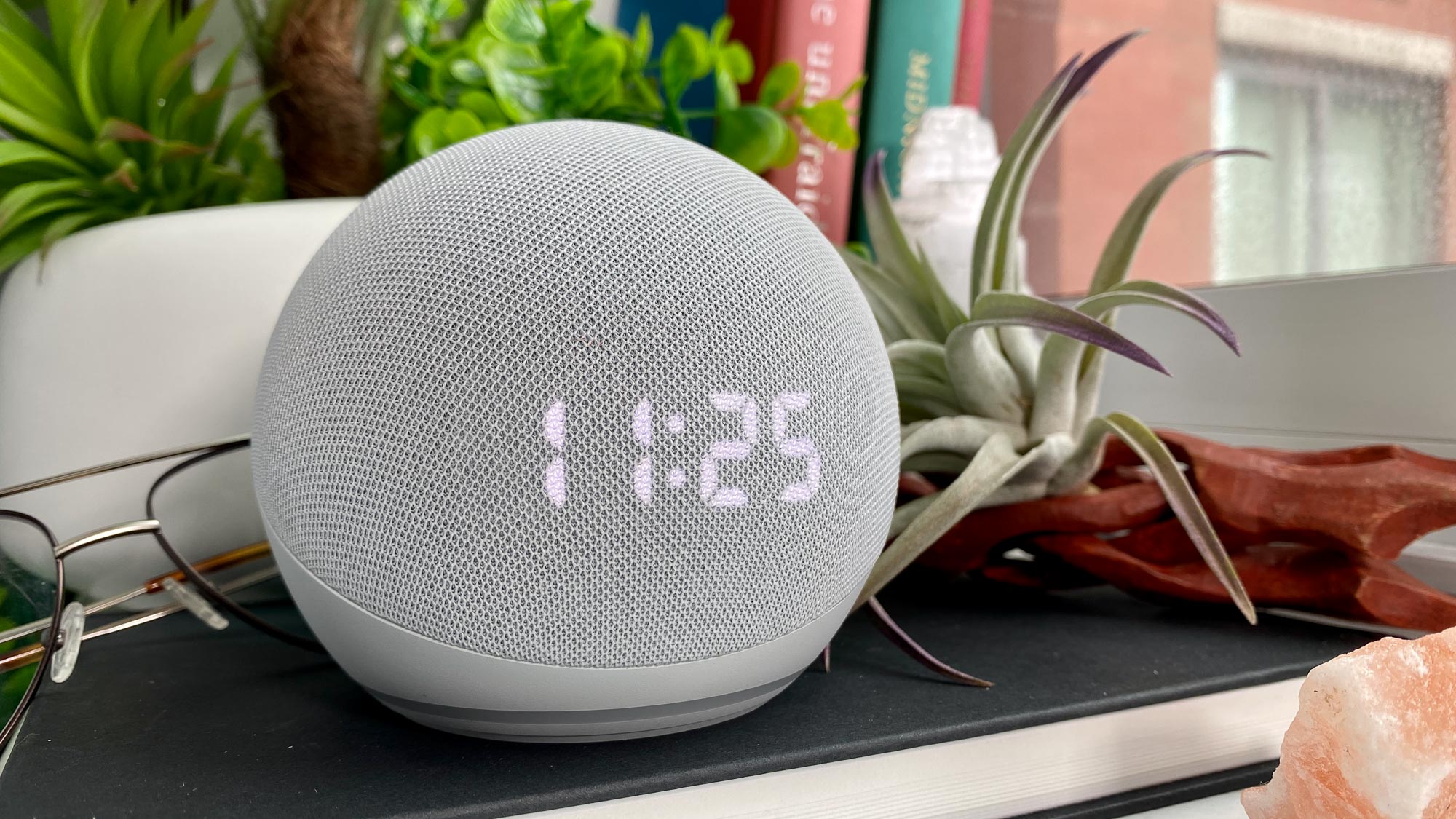
Here at Tom’s Guide our expert editors are committed to bringing you the best news, reviews and guides to help you stay informed and ahead of the curve!
You are now subscribed
Your newsletter sign-up was successful
Want to add more newsletters?

Daily (Mon-Sun)
Tom's Guide Daily
Sign up to get the latest updates on all of your favorite content! From cutting-edge tech news and the hottest streaming buzz to unbeatable deals on the best products and in-depth reviews, we’ve got you covered.

Weekly on Thursday
Tom's AI Guide
Be AI savvy with your weekly newsletter summing up all the biggest AI news you need to know. Plus, analysis from our AI editor and tips on how to use the latest AI tools!

Weekly on Friday
Tom's iGuide
Unlock the vast world of Apple news straight to your inbox. With coverage on everything from exciting product launches to essential software updates, this is your go-to source for the latest updates on all the best Apple content.

Weekly on Monday
Tom's Streaming Guide
Our weekly newsletter is expertly crafted to immerse you in the world of streaming. Stay updated on the latest releases and our top recommendations across your favorite streaming platforms.
Join the club
Get full access to premium articles, exclusive features and a growing list of member rewards.
Alexa ends 2020 as, arguably, the best of the voice assistants. Compared to Google Assistant and especially Siri, Amazon’s little helper is better equipped for music playback and smart home connectivity alike, and there have been some great Alexa-powered devices like the 4th-gen Echo Dot.
Alexa also continues to grow with major new features, including the home-protecting Alexa Guard and multilingual Live Translation, showing this is a platform that’s still got plenty of potential to fulfil in the future.
- Best Alexa skills to try now
- The best Alexa compatible devices you can buy
- Plus: Hackers using smart-home devices to call the cops on you
What, though, does that future look like? While the scope for new features and devices is vast, Alexa also faces a number of challenges in 2021, including how to deal with lingering concerns about data protection and user privacy. Here are some of the big trends and new avenues you can expect Amazon and Alexa to explore in the coming months.
Better privacy protections and communication
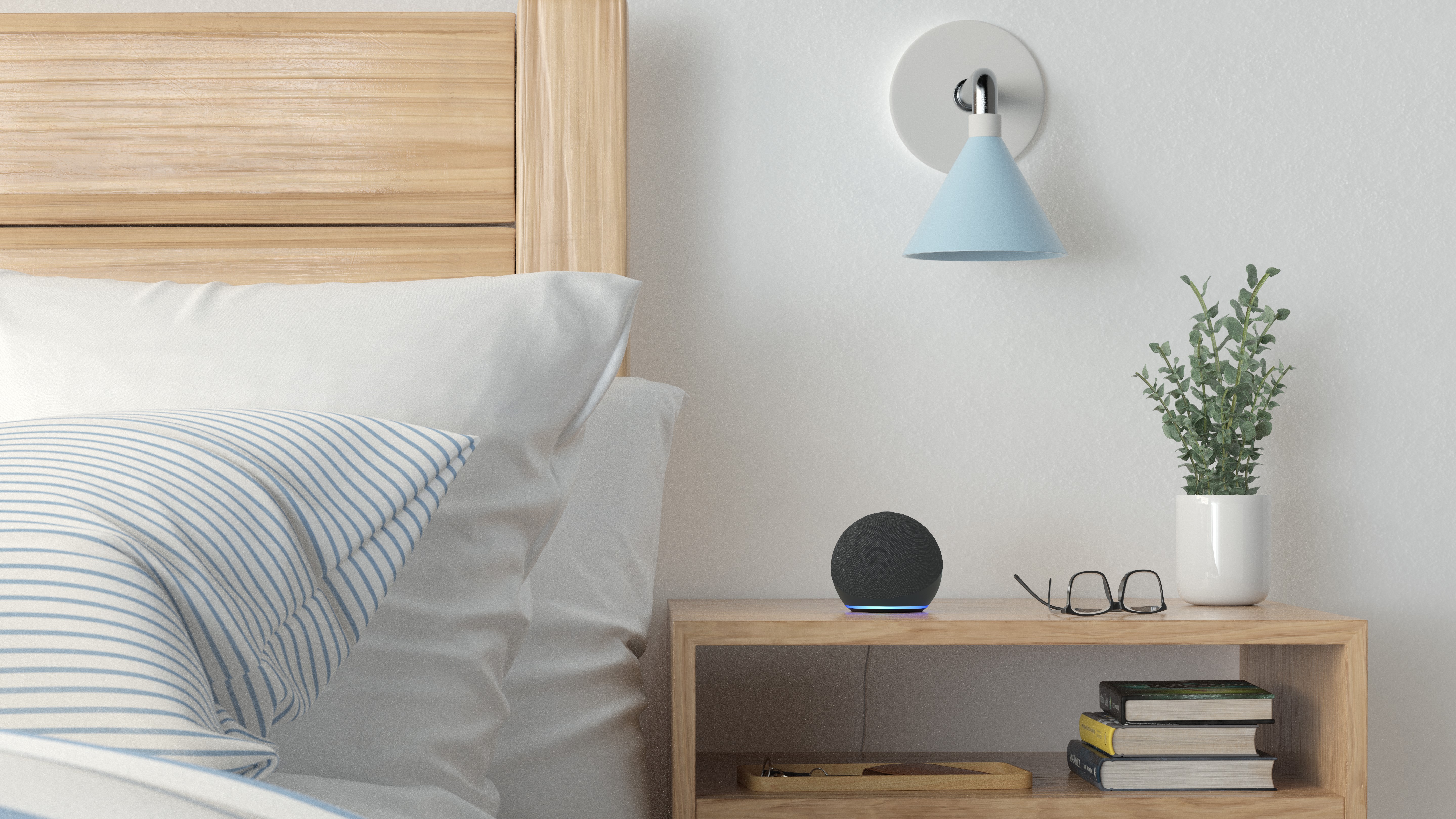
Alexa has long been the subject of complaints from privacy advocates. The risks of keeping an effectively always-on microphone in your home should be largely self-evident, and Amazon itself admitted in 2019 that employees were manually reviewing some transcribed recordings of private Alexa users – telling Forbes this would help the company “improve the customer experience.”
There are two issues here: the data collection in the first instance, and the lack of communication from Amazon regarding how that collection works and what it does with the gathered data. The bad news is that 2021 probably won’t see Amazon stop harvesting information, but it does seem willing to give users a little more control over their own data, and intends to be more transparent about products and activities which may set privacy alarm bells ringing.
“Amazon has been under pressure to improve privacy provisions of its products, and it has been responding with new options to automatically delete your history,” says Avi Greengart, lead analyst at Techsponential. “I expect that this trend will continue – both in terms of new features, more on-device AI that requires less data to be stored in the cloud, and greater visibility to the privacy protections Amazon has actually implemented but consumers don’t know about.”
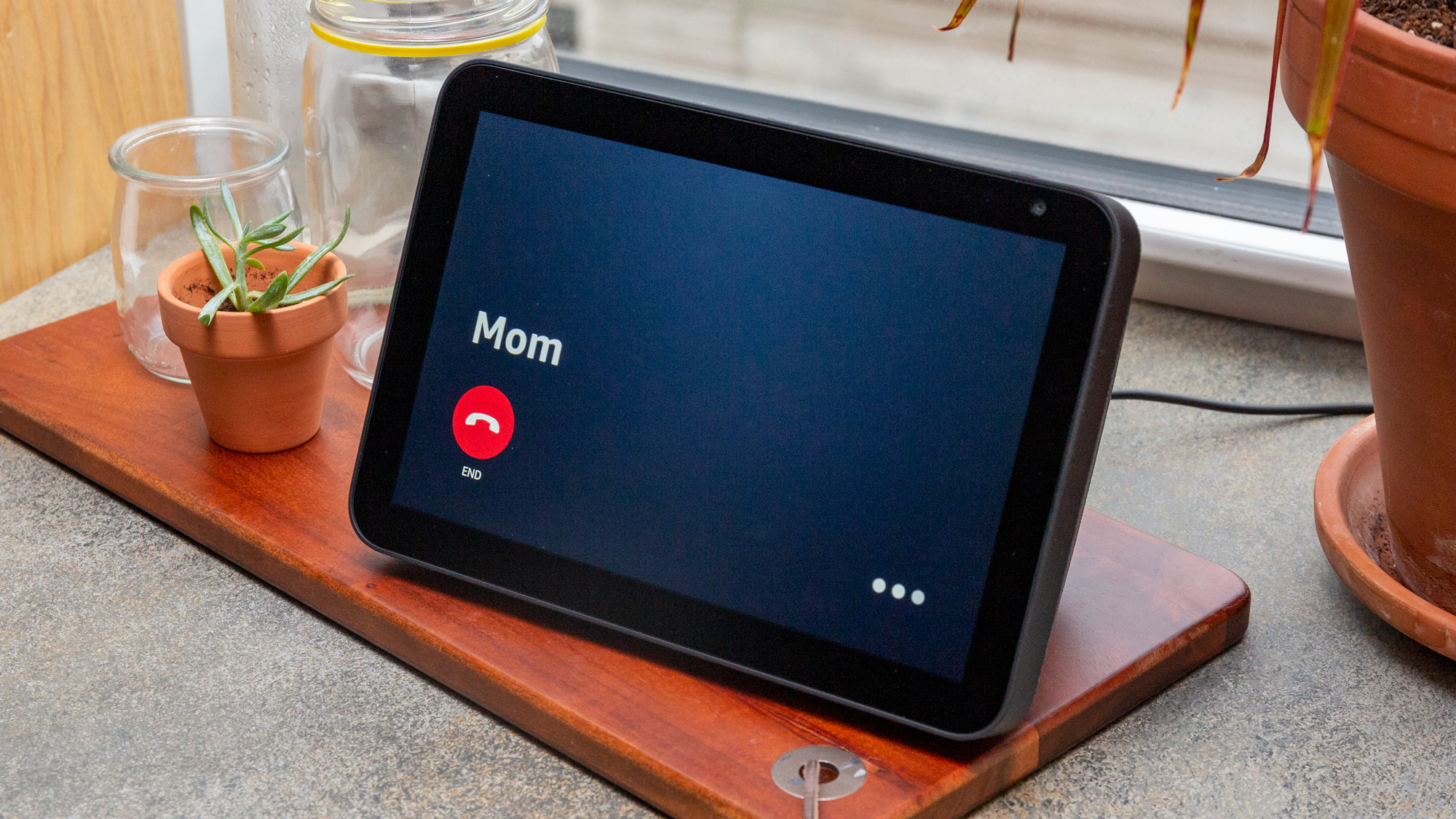
The history deletion policy Greengart is referring to came into effect in September, and allows users to have their voice recordings deleted as soon as Alexa processes them. A text transcript will remain for 30 days, but you can opt to delete this as well, whenever you want.
Get instant access to breaking news, the hottest reviews, great deals and helpful tips.
This builds significantly on the policy Amazon initiated in 2019, which started with users simply able to manually delete recording through the Amazon Echo app, and was later updated to enable automatic bulk deletions every 3 or 18 months.
Of course, users’ ability to control their privacy settings will be limited if they don’t know such controls exist. To Amazon’s credit, this is something the company has promised to improve upon in 2021 by more clearly communicating with its customers.
As, Tom Taylor, senior VP for Alexa, wrote in a blog post: “As more of our services and technologies are increasingly helping our customers, we will continue to focus on finding ways to make privacy and managing the Alexa experience even easier. This starts with ensuring the information we provide customers is clear and helps them feel confident in their understanding of how Alexa and Echo devices work.”
Improved speech recognition
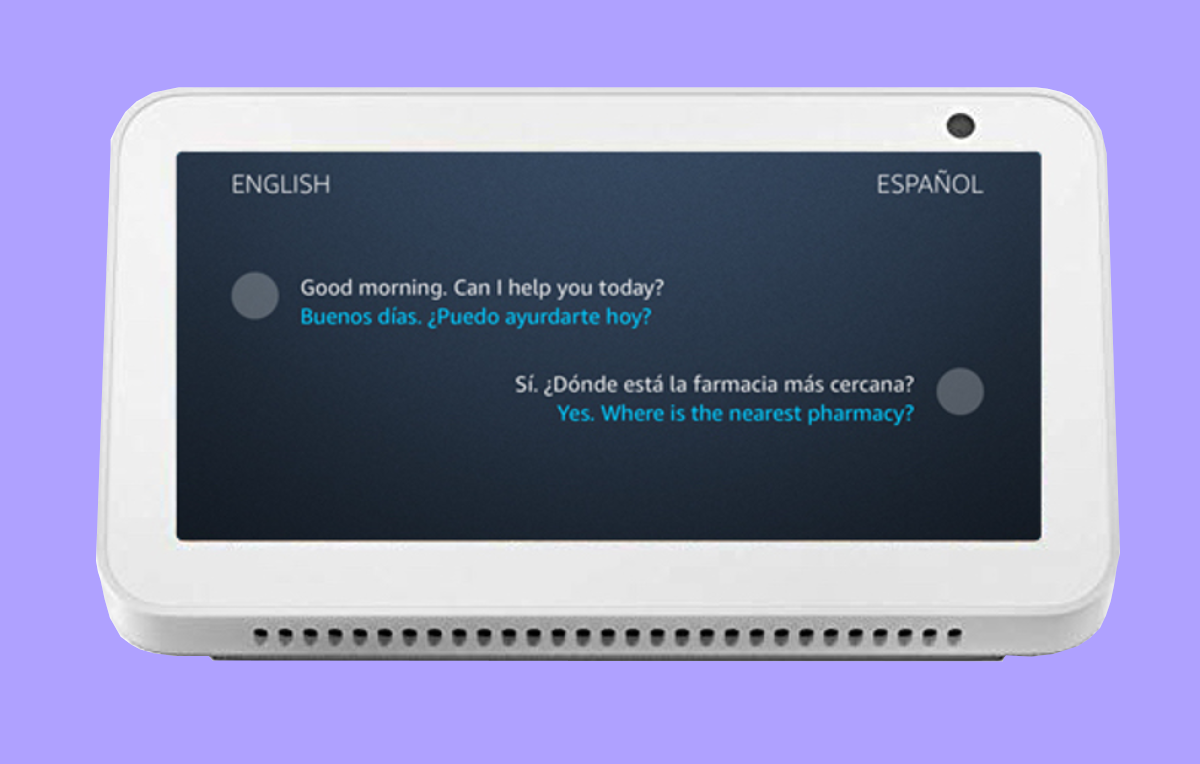
Anyone who’s ever spoken to an Alexa speaker will be familiar with the assistant’s stilted, often delayed responses. And that’s if your query or command was properly recognized in the first place.
Thankfully, this is finally on course to change in 2021, as Amazon has been specifically developing ways to make Alexa more understanding and conversational in tone.
"The AI improvements Amazon has made with Alexa are impressive, but Alexa is often tripped up by human syntax variation, so there’s a lot more to do to make Alexa a proper conversationalist,” says Greengart. “Some of the teaching AI and turn-taking improvements Amazon announced in October will be making their way to your Echo in 2021.”
Indeed, some improvements have already been made. The aforementioned Live Translation feature involved training Amazon’s automatic-speech recognition (ASR) for more conversational speech, and while in this case the aim was to parse two humans speaking to each other rather than speaking to Alexa, it’s possible that specific benefits – like shortening the gaps between requests and responses – could be applied to the assistant more generally.
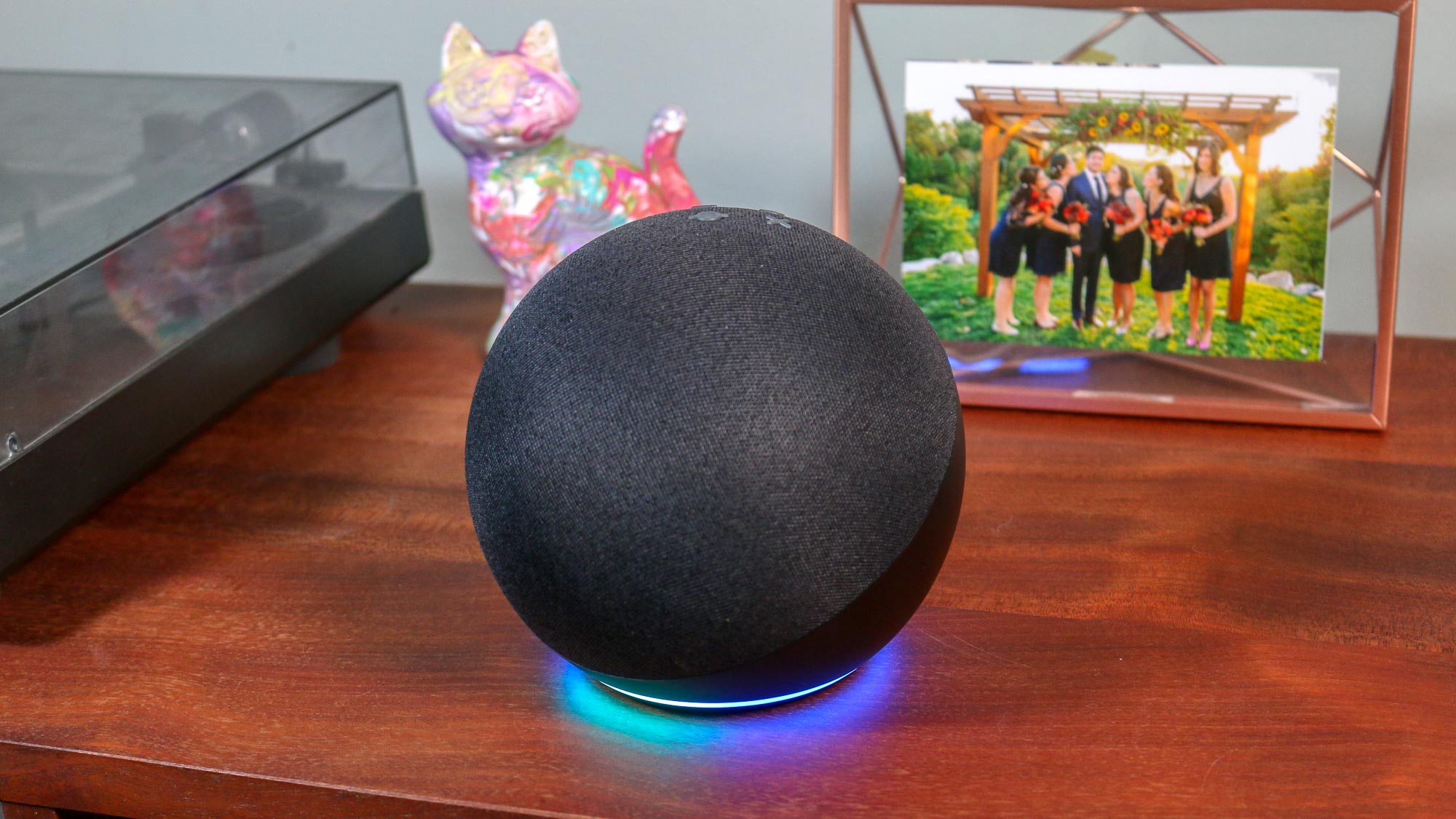
There’s also the promising recent addition of “Follow-up mode” in which Alexa leaves the microphone open for five seconds after you give a command or ask a question, to allow for a second query.
It’s easy to see how this feature could be extended to support back-and-forths, and sure enough, that’s exactly what Amazon is aiming for in 2021. An announced but yet-to-be released Alexa feature will allow you to say “Alexa, join our conversation”, which will disable the need for a wake word and enable Alexa to respond to multiple queries – even from multiple people in a group. “We’ll continue to see Alexa learn concepts over time to make interactions seamless,” says Taylor.
This feature does, it should be noted, rely on Amazon’s AZ1 Edge Processor, which is where Alexa gets the processing power to respond with shorter, more naturalistic delays. It’s already included in the most recent generation of Echo speakers, so you won’t necessarily need to buy a new speaker to make Alexa more chatty, but Amazon also says that only the 4th-gen Amazon Echo and Echo Show 10 also have enough onboard memory to support Alexa’s latest neural speech models. Hopefully this capability is supported in full on a wider range of future Echo devices, like the next Echo Dot.
You can also expect Alexa to make greater use of input sensors besides microphones in order to become a better communicator. "Voice assistants will take advantage of additional inputs and sensors to improve contextual awareness," says Simon Forrest, principal technology analyst at Futuresource.
"For example, if Alexa is running on a device with a camera, it can utilise that as an additional cue by recognising whether that person is speaking to Alexa or someone else in the room."
New, more mobile Echo devices

Most of the best Alexa speakers are either just that – speakers – or smart screens. Amazon has been very sparing with more esoteric Alexa devices, so while we have seen the likes of the Echo Flex smart plug, the Echo Auto car speaker or the wearable Echo Frames, these have only arrived at a rate of about one per year.
There’s little to suggest this conservative approach to hardware will change in 2021, though that doesn’t mean Amazon won’t come up with anything new. The most recent of those three, the Echo Frames, suggest that Amazon is keen for users to take Alexa out and about.
This would also tie in with the newly-launched Amazon Sidewalk, which was added to Echo speakers earlier this month and borrows a fraction of your home’s Wi-Fi bandwidth to expand the range of Bluetooth and 900MHz radio signals across entire neighborhoods. The idea is that your current and future smart devices would be able to communicate with other even if one is a short distance away from home.
“Alexa has been integrated into tens of thousands of devices, but Amazon is increasingly looking outside the home – on your property with Sidewalk, in your car, and embedded in wearable devices,” notes Greengart.

Amazon has certainly made no secret of its continued focus on car tech in particular, and is aiming to build on its 2020 work embedding Alexa into both compatible devices and the built-in systems of the vehicle itself. “Going into 2021, Alexa is making it easier than ever to navigate, stay connected, and be entertained in the vehicle”, writes Taylor.
However, just because Amazon wants to take its smart tech outdoors doesn’t mean Alexa will always be along for the ride. Remember those privacy concerns? These are liable to amplify tenfold when Alexa is applied to a device you can take out in public – even if you’ve consenting to be listened to, the average passerby won’t have. This is something we’ve already seen with the Echo Frames and, indeed, Sidewalk, and it appears Amazon is playing it safer when it comes to newer wearables. The just-released Amazon Halo fitness band, for one, doesn’t include Alexa support at all, despite its speech recognition features being front and center.
So, while Amazon might want to spread Alexa’s wings, it’s already well aware of a potential lack of trust. This tricky balance between smart functionality and privacy is one that Amazon must continue to navigate if it’s to further develop its mobile Echo hardware in 2021. And, judging by the Halo, it’s likely to be just cautious as it is when dreaming up form factors.
- 5 ways to secure your Alexa device and protect your privacy
- 25 Alexa tricks and Easter eggs to try

James is currently Hardware Editor at Rock Paper Shotgun, but before that was Audio Editor at Tom’s Guide, where he covered headphones, speakers, soundbars and anything else that intentionally makes noise. A PC enthusiast, he also wrote computing and gaming news for TG, usually relating to how hard it is to find graphics card stock.
 Club Benefits
Club Benefits










